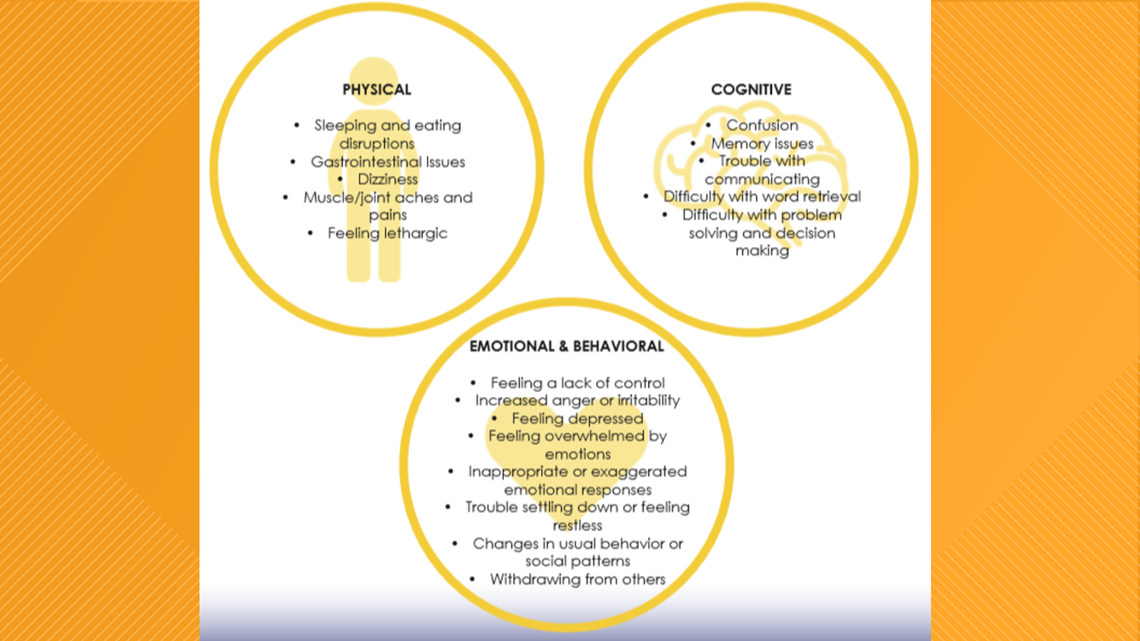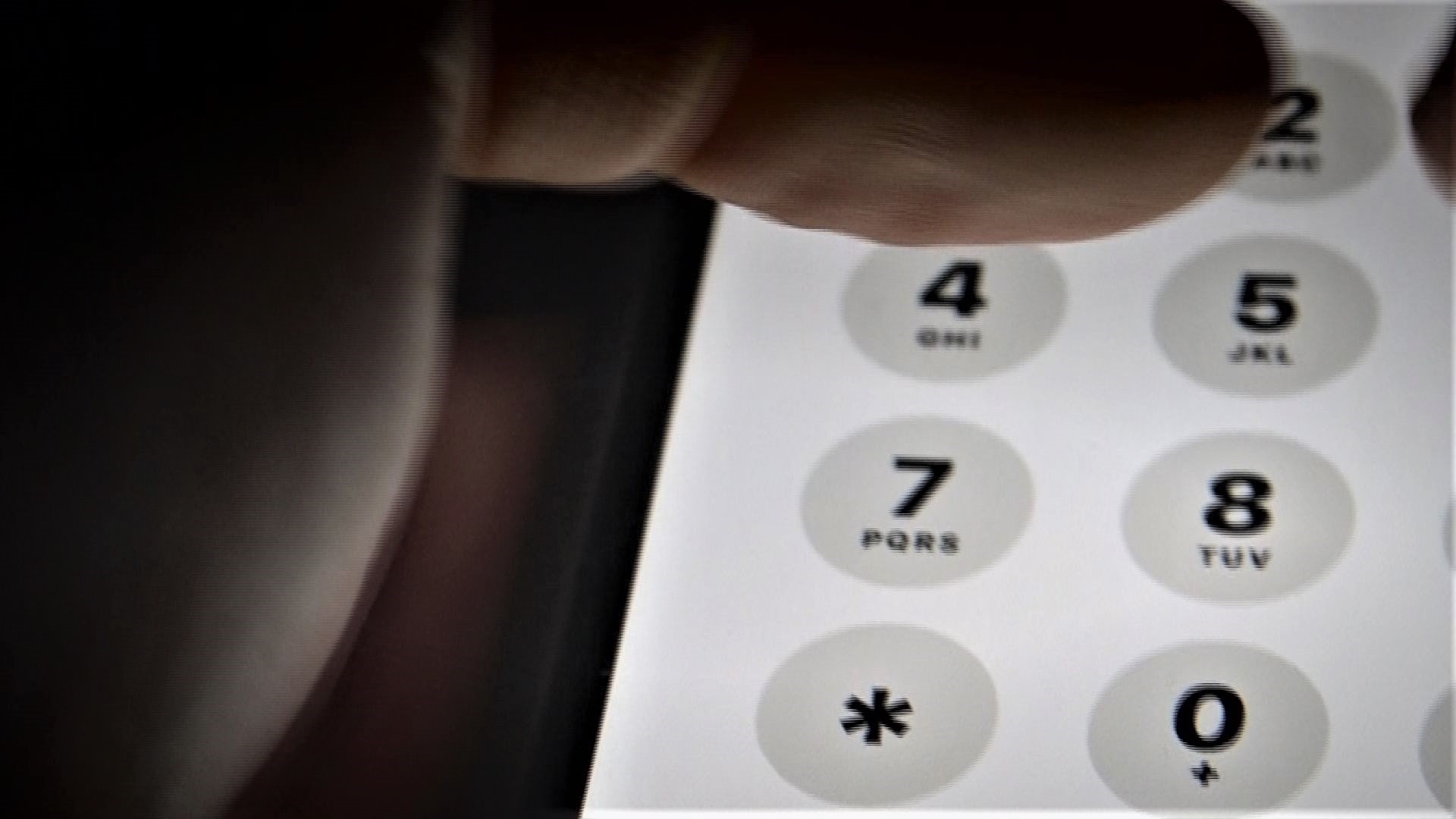The following information is contributed by NAMI Maine. If you or someone you know is in urgent need of crisis support, please call the Maine Crisis Line at 1-888-568-1112.
Critical incidents are usually abnormally challenging events that have the potential to create significant distress and overwhelm one’s usual coping mechanisms. On-going stressful events can disrupt the balance in people’s lives. Although we can’t alter the event, we can manage our responses to events.
With on-going critical stress, it can create strong paths in our brains that keep us in survival mode. This triggers survival responses of fight, flight, freeze, and reproduction. We are all wired to have a “default” different response and the more we are aware of what our response is, the easier it is to recognize.
COMMON REACTIONS TO CRITICAL STRESS


HELPFUL COPING SKILLS
SLEEP
- Research has shown that sleeping less than 3 hours increases the risk for longer term impacts of stress, so skip cat naps.
- Chronic sleep deprivation impacts the body’s ability to produce both serotonin and dopamine receptors, chemicals that our body produces to combat depression.
DIET
Leafy Greens: The majority of the body’s serotonin is produced in the stomach.
Hydration: During times of high stress, you are more prone to dehydration. It also helps to flush stress chemicals that are dumped into your body out of your system. Hydrating triggers your brain that your body is not in an imminent survival situation because it has time to drink and therefore does not have to maintain a high level of arousal.
PLANNING AHEAD
- Uncertainty and anxiety can also result in a feeling of lack of control.
- Professionally you are taking steps as a system to plan for a surge or cases at the peak.
- It is important to also do this in your personal lives.
- Plan for if/when you are exposed, quarantined, show symptoms, etc.
- Plan with your family regarding what will occur, what will you need, who can assist with the planning.
- By taking proactive steps to plan, it can increase the sense of control and power over the situation.
SELF CARE
To quote Dr. Nirav Shah - it is okay to not be okay. Please reach out, talk to someone, get support.
- Recognize your feelings and the feelings of those around you and validate them.
- It is okay to experience whatever emotions you are feeling.
- Continue to read or listen to books.
- Exercise, particularly light cardio, after a difficult shift has been found to reduce the impact of stress.
- Practicing mindfulness exercises and yoga and been demonstrating to have multiple positive mental health outcomes.
- Practicing gratitude which has been found to rewire the brain.
- Setting healthy boundaries for yourself is not only recommended by necessary during these times. It is okay to be selfish and limit your contacts to only those who you gain support from.
- Boundaries with the media and social media are also important. Obtaining information necessary for your work during business hours is necessary, watching all the news reports while you are home is not.
- Reach out and talk to someone if you are struggling if you feel that your ability to engage in activities and relationships necessary in your day to day activities.
You can contact the NAMI Maine Helpline at 800-464-5767, ext. 1 or helpline@namimaine.org for support and to get connected to clinicians.
NEWS CENTER Maine Coronavirus Coverage
RELATED: Real-time Maine coronavirus, COVID-19 updates: Jobless claims continue to rise throughout Maine, US
RELATED: Family says they were not notified about positive COVID-19 coronavirus cases at Ashton Gardens
RELATED: Self-employed Mainers unite as state struggles to get benefits program online amid COVID-19
RELATED: CORONAVIRUS: Cleaning groceries, washing hands, wearing gloves, summer heat; here's what we know

